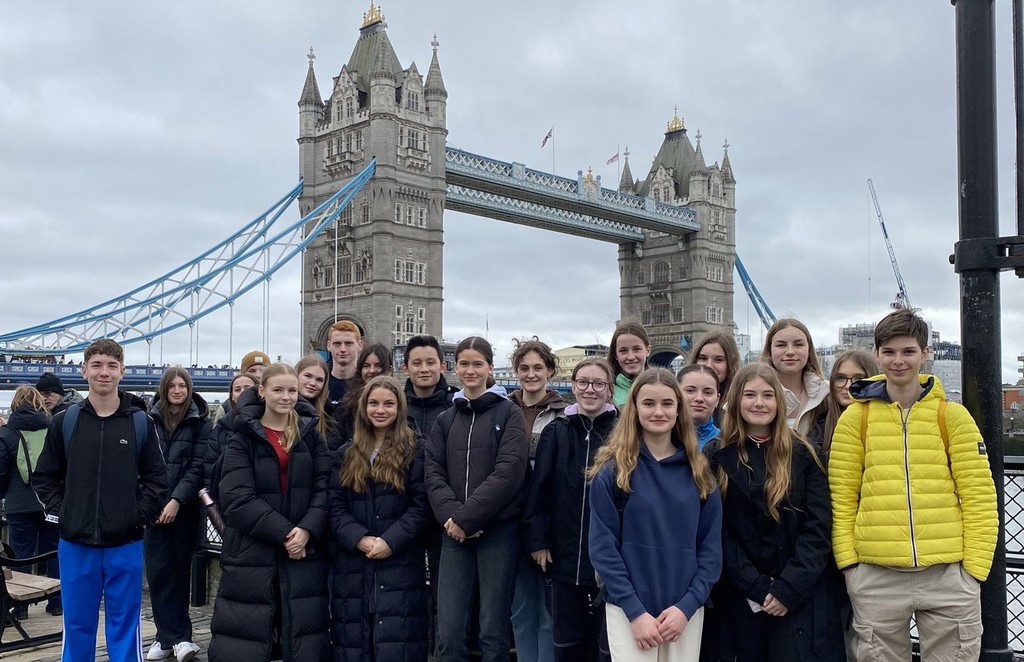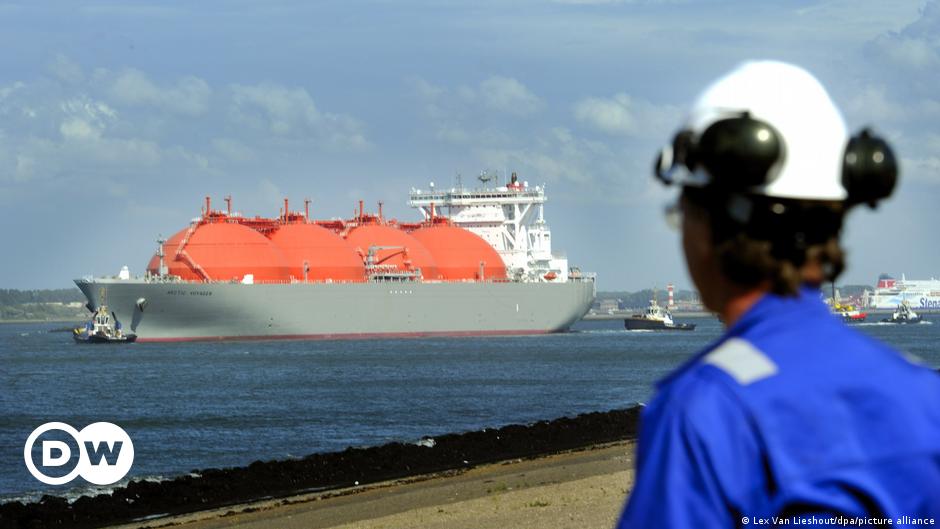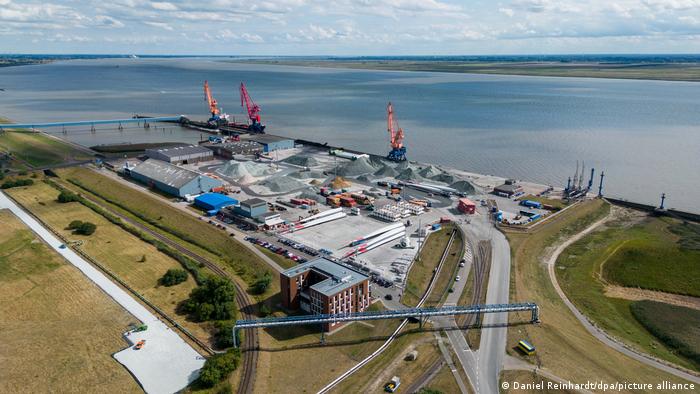Portugal’s Environment Minister, José Duarte Cordero, proudly announced another step by which his government wants to turn the town of Sines in southern Portugal into an energy hub: the port’s LNG terminal will be expanded with an investment of 4.5 million. , “to include LNG for shipment to the rest of Europe”. The idea behind it: liquid gas that arrives there from other countries in large tankers, is pumped onto smaller ships and then shipped to Central Europe, including Germany. However, it remains unclear whether the big plans will really pay off.
No less than Sines, located about 150 kilometers south of the capital Lisbon, does not have a bad hand: it is Portugal’s only deep-sea port and shipments of LNG for Portuguese gas supplies already arrive there. “It is the port in Europe that is closest to important producing countries such as the USA, Nigeria and Trinidad and Tobago,” Prime Minister Antonio Costa gave a lecture and confirmed that he would negotiate with different countries “at the highest level” on the supply of LNG. Via Sines – especially with Poland and Germany. For this purpose, not only will the port be expanded, but the temporary storage capacities will also be expanded.
Capacities available immediately
“The Sines LNG terminal already has enough capacity to pump liquid gas from large tankers to smaller vessels, which can then continue to other countries,” explains university professor and energy specialist Joao Pecas Lopez. They can then dock at ports where the supertanker’s draft is too large. This is also interesting for Germany, because these vessels can only be handled at the Wilhemshaven LNG terminal, which is currently being built. More gas can be brought into the country through the pumping process known as “recharging.” In addition, after the failure of Russia, Germany will have to get gas from other countries, such as the USA, and the port of Sines for transshipment is practically on the way to delivery.
However, the main problem in Germany – LNG terminals yet to be built, where LNG is converted back into ‘normal’ gas and then fed into the gas supply – will not be solved simply by pumping it to smaller tankers in Sines. Moreover, the Portuguese port has serious competitors in the field of transshipment, admits energy expert Becas Lopez: “Spain, for example, has many large ports on the Atlantic and Mediterranean coasts that can do this as well.”
An illogical investment for a “transitional energy form”?
This is exactly where the criticism from Portuguese environmentalists comes in: “We don’t understand why so much money should now be invested in transitional energy like gas,” says Francisco Ferreira of the environmental group Zero. Much less infrastructure is required for transshipment from the pipeline from the Iberian Peninsula to Central Europe, which is also being discussed. However, it is a temporary solution that will become unnecessary at the latest when the German LNG plants are completed. “Spain already has much more capacity and therefore can offer much cheaper than Portugal.”
Despite all doubts, Portugal is moving forward with its transshipment project in Sines. Prime Minister Costa dreams of an energy center that would initially pump liquid gas onto other ships and later transport it to Europe via a pipeline that remains controversial. Later, even the green hydrogen produced in Portugal would flow through them to Europe. While that is still a long way off at best, the recharging of Sens could begin immediately – if the “high-level” negotiations with Poland and Germany that Costa referred to reach a positive outcome.

“Tv expert. Hardcore creator. Extreme music fan. Lifelong twitter geek. Certified travel enthusiast. Baconaholic. Pop culture nerd. Reader. Freelance student.”









More Stories
Mercedes-Benz recalls 261,000 SUVs
With a private cabin Markets: Aegean flies on long-haul flights with the Airbus A321 LR
USA: The great achievement of Donald Trump